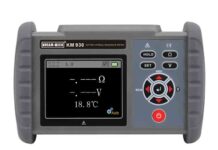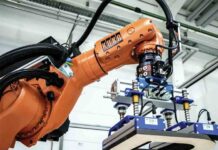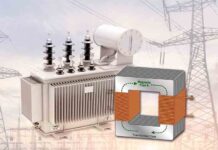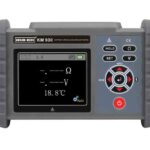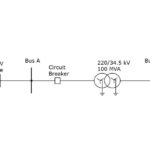
In the world of high-stakes data centers, the foundation of compliance, safety from an electrical standpoint, is paramount to reliability and security. From AI-driven analytics to cloud computing, critical applications are run on data centers; one hardware failure can result in significant downtime or even disaster.
Electric safety testing guarantees high safety levels for servers, network equipment, and data center cooling, which is essential to maintain not only to protect virtual traffic, but also the environment and personnel. For compliance engineers, this testing is critical to meeting regulatory requirements, establishing product safety, and selling in global markets.

Datacenter hardware runs in some stressful conditions with high voltages and high amperage electrical loads. Without proportional safety testing, potential risks such as electric shock, short circuit, or fire can damage the operations. Electrical safety compliance ensures products conform to global standards such as IEC 62368-1 for audio/video, information, and communication technology equipment. These requirements include the testing of insulation integrity, grounding, and fault protection. Data centers mitigate those risks by performing complete electrical safety testing, which keeps technicians safe and extends the productive life of equipment.
EMC testing is related to Electrical Safety because it is concerned with Electromagnetic Compatibility. Hardware shall not create high levels of electromagnetic interference in the equipment itself or other equipment, and shall not be susceptible to external interference. Standard Compliance The various EMC testing-related requirements, such as CISPR 32 (Functional Emissions), are typically tested in addition to the safety requirements of ETCs. These chambers replicate real-world elements, such as high temperatures or moistness, to make sure the hardware is at its best under stress. Electrical safety testing and EMC testing together provide the foundation for product conformance and are the cornerstones for data center reliability.
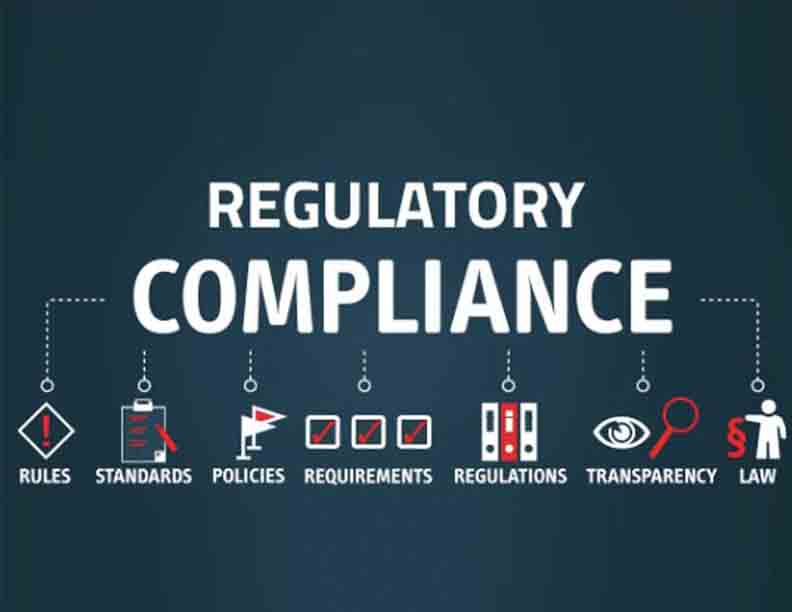
Compliance engineers are critical to this effort. They design and execute test plans, analyze test data, and ensure that regulatory requirements are followed. E.g., North America would require UL approval, and Europe would need CE marking as per the Low Voltage Directive. CCC certification is necessary in Asia. It’s just tough to work out, and still, the safety testing is really where the data is to get you through regulatory approvals. Engineers also use ETC to test ‘worst-case’ scenarios and determine if hardware can tolerate the sudden spike in power or a burst of heat that is critical for running a data center without a hitch.
Safety concerns are all about reducing hazards and risks, but there are solutions out there that are smart and do even more than that, and go further than just compliance-check-the-box. Data centers are filled with thousands of other components, from power distribution units to AI accelerators that also function flawlessly. A single point of failure due to inadequate insulation or improper grounding can result in spreading across the server rack. Electrical safety testing can help identify vulnerabilities early and allow companies to make amends before release. This kind of forward-thinking strategy minimizes product returns, adds confidence for customers’ purchases, and supports facilitating global markets by conforming to international standards.
The proliferation of machine learning and high-performance computing makes electrical safety regulation even more complex. AI hardware, such as GPUs and TPUs, is power-hungry, which generates a lot of heat and electrical stress. And the fact that safety checks show this can hold a heavyweight without any heating issues or damage. It is, for example, established in dielectric withstand tests that the insulation is sufficient and in leakage current tests that no undesirable electrical paths exist. Tests like that are critical for data centers, which can lose millions of dollars an hour from business lost in an outage.
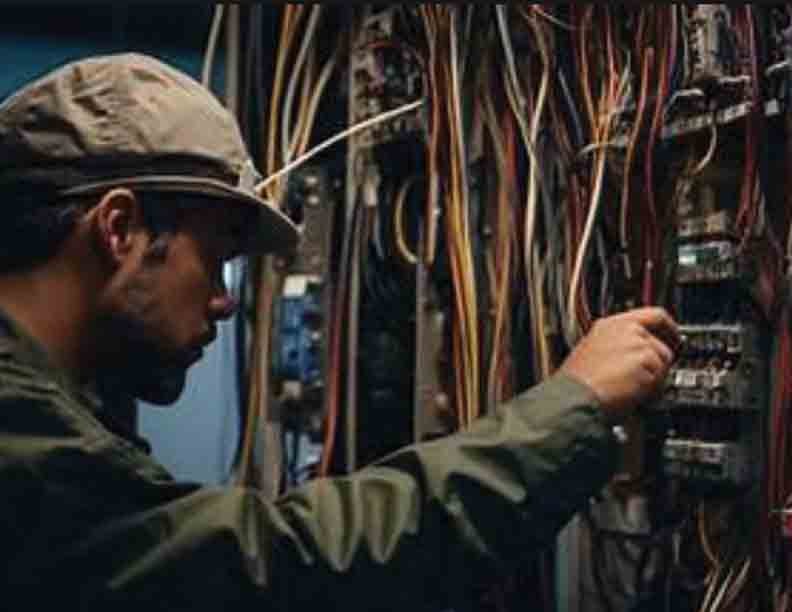
Opening international markets hinges on meeting myriad regulatory requirements. Electrical Safety Testing is the verification you need to hold certifications that allow your hardware to go out into the world. Compliance Engineers partner with certified labs to test products, establishing traceability and auditability, and having automated test systems that can streamline this process further by combining safety and EMC test data to author the compliance report. These reports are crucial to audits in which independent auditors verify that data centers meet standards and maintain records about the safety of products.
The dangers of neglecting electrical testing are simply too great. For this non-conforming equipment, the regulatory penalty is harsh, including market ban and recall; these do harm the image and profits. What is even worse, it is dangerous to lives and property, electrical safety in data centers. Data centers take electrical safety and compliance seriously in the interest of preventing accidents and unnecessary downtime. And compliance engineers, who help ‘enforce’ standards with the help of ETC and elaborate testing procedures, are an essential part of the process.
In other words, Electrical safety testing isn’t something that can be optional when it comes to data center hardware. It safeguards products, seeks regulatory approval, and secures access to global markets. Combining EMC testing with a routine round of safety protocols, compliance engineers protect the structure of our digital world. As data center technologies evolve to support the demands of AI and more, achieving compliance with electrical safety standards is the first step in ensuring the reliability, safety, and trustworthiness of every component.

Chirag Parikh holds a master’s degree in computer engineering from California State University, Fullerton, and a bachelor’s in electrical engineering from Gujarat Technological University, where he graduated as a gold medalist. He is an experienced electrical engineer with over 13 years of expertise in product safety, global market access, and regulatory compliance. Currently, he serves as a Certification Specialist at Amazon Web Services (AWS), where he leads international hardware compliance programs across more than 45 countries. His work focuses on ensuring data center infrastructure, including edge and AI-based hardware, meets global safety, EMC, and environmental standards. His previous roles at Intertek and SDP Engineering (a Nemko partner) provided hands-on experience in EMI/EMC testing, lithium battery safety, and regulatory approvals across a broad range of products.


